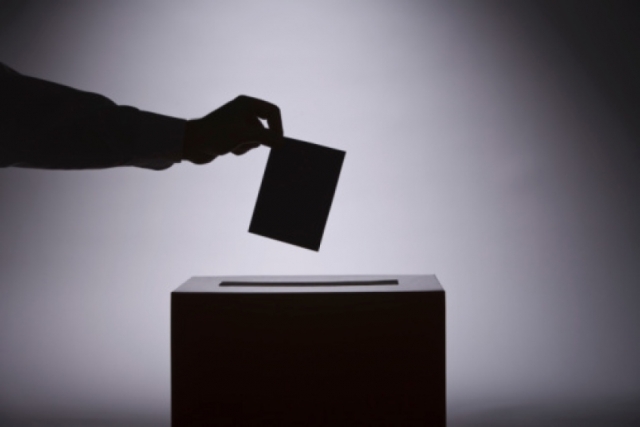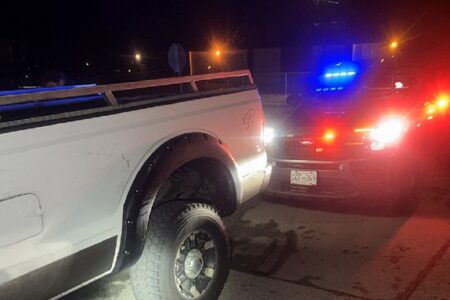Provincial Election: The Writs are Issued
VICTORIA– The writs have been issued for British Columbia’s 41st Provincial General Election.
“Eligible voters can vote from now until the polls close on General Voting Day,” said Keith Archer, Chief Electoral Officer. “B.C. has the most accessible voting system in Canada, and we encourage all eligible voters to cast a ballot.”
General Voting Day is Tuesday, May 9. Voting places throughout the province will be open on General Voting Day from 8 a.m. to 8 p.m. (Pacific time). Advance voting is available on April 29 and April 30, and from May 3 to May 6. Advance voting places are open from 8 a.m. to 8 p.m. (local time).
Voting is also available at district electoral offices from now until 4 p.m. on General Voting Day, and by mail. Vote by mail packages can be requested through a district electoral office, on Elections BC’s website, or by calling 1-800-661-8683.
Voters can find more information about where, when and how to vote on Elections BC’s website. It includes a Where to Vote application that shows voting places, their hours, and directions on a Google Map. The Where to Vote application is available at elections.bc.ca/wtv.
Where to Vote cards will be distributed starting April 20, and the dates, times and locations for advance and general voting opportunities will be published in community newspapers throughout B.C.
Voter registration by phone at 1-800-661-8683 closes at 8 p.m. (Pacific time) tonight. Voter registration online at elections.bc.ca/ovr closes at 11:59 p.m. (Pacific time) tonight. Eligible voters can still register or update their voter registration when they vote.
All voters must prove their identity and residential address to receive a ballot. A complete list of acceptable identification is available at elections.bc.ca.
Candidate nominations close at 1 p.m. (Pacific time) on Tuesday, April 18. Nomination papers must be submitted to the district electoral officer for the district the candidate intends to run in.
More details about elections:
The 40th Provincial General Election – May 14, 2013, had:
§ 85 electoral districts
§ 376 candidates
§ 3,279,141 estimated eligible voters
§ 3,176,455 registered voters
§ 1,813,912 registered voters who voted
100 Years of Women’s Suffrage
2017 marks the 100th anniversary of many women winning the right to vote in B.C. An amendment to the Provincial Elections Act ended the exclusion of women from voting and running for office, effective April 5, 1917. However, women and men with Chinese or South Asian heritage did not gain the right to vote until 1947. Status Indian and Japanese-Canadian women and men were also excluded until 1949.
Special voting opportunities
Special voting opportunities will be held for voters unable to attend advance or general voting. Locations typically served by special voting include acute-care hospitals, mental health facilities, remote communities or work camps, long-term care facilities and correctional centres.
Elections BC has contacted 42 Correctional Service of Canada facilities across Canada, 10 B.C. Corrections facilities and two provincial youth custody facilities to provide voter registration and voting information.
Elections BC has contacted the Canadian Forces to provide voter registration and voting information to B.C. residents serving away from home.
Technology in the voting place
For the first time in a provincial election in B.C., technology will be deployed to voting places. Voting officials will use a laptop to look up voter information and a label printer to print voter records needed for election documents. Elections BC successfully piloted this technology during by-elections in 2016.
Translated materials
Elections BC provides voter registration and voting information in 16 languages. Voters can bring a translator with them when they vote. All voting materials are provided in English.
Voters with disabilities
All advance voting locations are wheelchair accessible. A Braille list of candidates and a voting template is available for voters with vision impairments. Voting official-assisted telephone voting is also available for voters with vision loss or a permanent disability that prevents them from voting independently of other voting opportunities.



























Comments